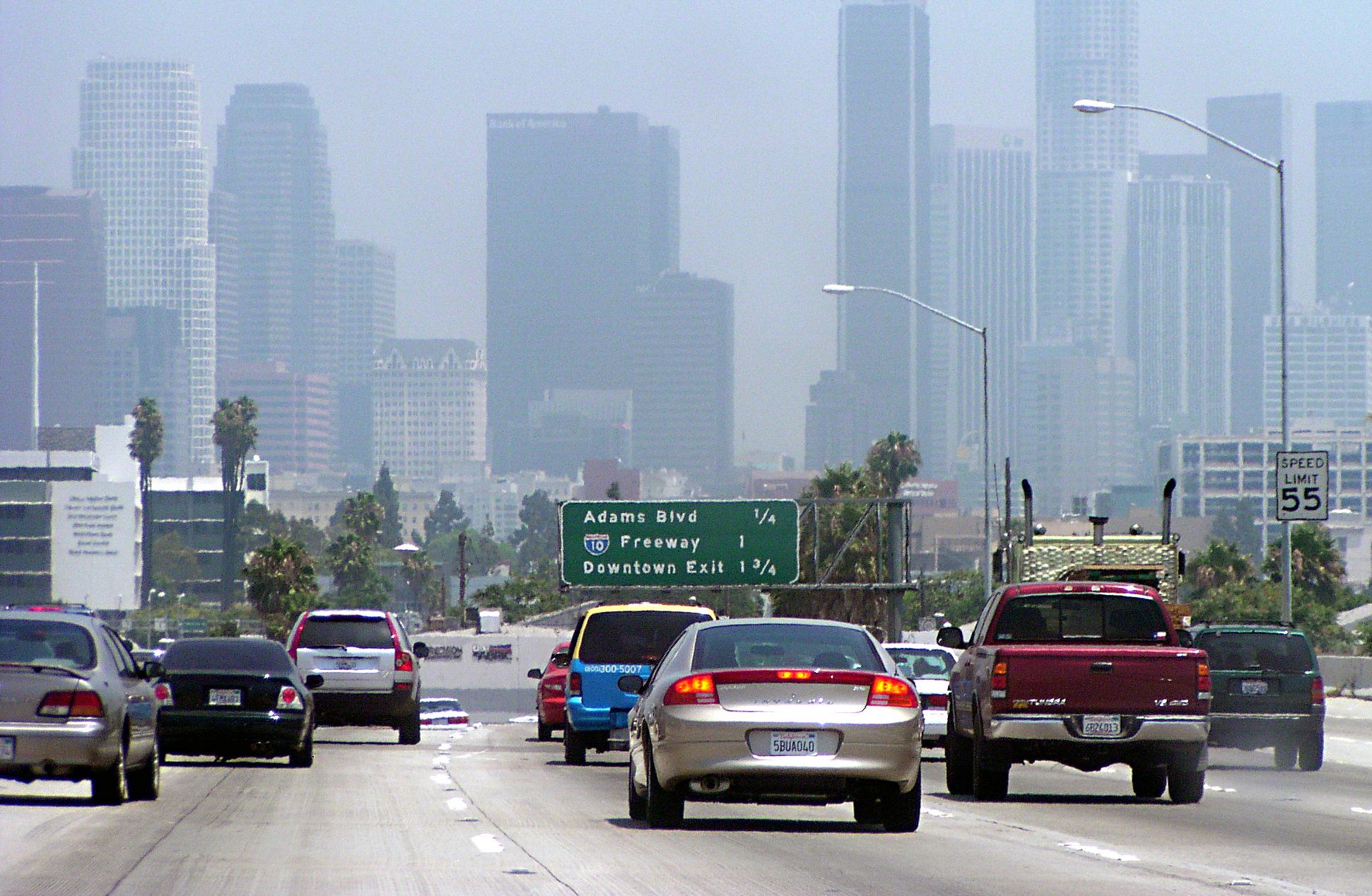The previously wonky debate over the tax shelters known as "lease-backs" or SILOs (short for "sale in, lease out") went mainstream today thanks to a highly readable New York Times op-ed by New York University urban policy professor Michael Moss. He writes:
New Jersey Transit, pictured above, is facing a $150 million bill for lease-back deals. (Photo: NJBIZ)
Like a tsunami that follows an undersea earthquake, collateral damage
from the collapse of credit markets is about to strike the millions of
daily transit riders in America’s biggest cities. Public transit
agencies in cities including New York, Atlanta, San Francisco and
Washington are under pressure to surrender $2 billion from their
budgets because financial institutions have spotted a chance to gain a
windfall from complicated tax-shelter deals known as “leasebacks.”In the heady 1990s, the federal government encouraged these leaseback
deals as a quick fix for budget problems. Transit agencies like New
York’s Metropolitan Transportation Authority would sell their railcars
and other equipment to banks, which would then lease them back to the
agencies. ...As the nation climbs out of one of its toughest economic crises ever,
we cannot be lulled into thinking the problems caused by imprudent
financing techniques have vanished. Yes, the transit groups were unwise
to get involved in the leasebacks, but that’s no reason to let banks
continue to exploit loopholes in them at the expense of transit riders.
Moss neatly outlines the twisted logic behind SILOs, which were billed as a win-win arrangement for major banks, which could claim the lease of transit equipment as a tax deduction, and local transit agencies, which made some extra cash in the process. But his op-ed understates the case a bit by describing the transit agencies as "unwise" -- in fact, when Congress declared SILOs unlawful tax shelters in 2004, city transit officials as well as Wall Street giants lobbied to win an exemption for existing deals.
And Moss missed a chance to point out another upside to the congressional legislation that would levy a 100 percent excise tax aimed at discouraging banks from using technicalities to claim SILO profits. Cracking down on the deals doesn't just help transit agencies; it also helps Washington avoid the headache of lawsuits such as this one:
Wells Fargo & Co. is suing the federal government,one of its largest shareholders, over its 2003 income taxes. The suitfiled on Monday demanded the return of $162.3 million paid in incometaxes that it was “erroneously and illegally assessed” by the InternalRevenue Service in 2003. ... The bank stated that it also overpaid on taxes related to a series ofleaseback transactions involving a number of metropolitan transitproperties.
The existing SILO bill, which is sponsored in the Senate by Robert Menendez (D-NJ) and in the House by John Lewis (D-GA), could be amended to shield the Treasury from any retroactive challenge to its restrictions on the deals -- thus making it no longer worth Wells Fargo's while to sue the same government that it still owes billions of dollars in bailout money.
But an even more productive step might be removing the incentive for transit agencies to engage in SILOs in the first place. Of course, that would require finding solving the ever-elusive puzzle of American infrastructure financing ...





